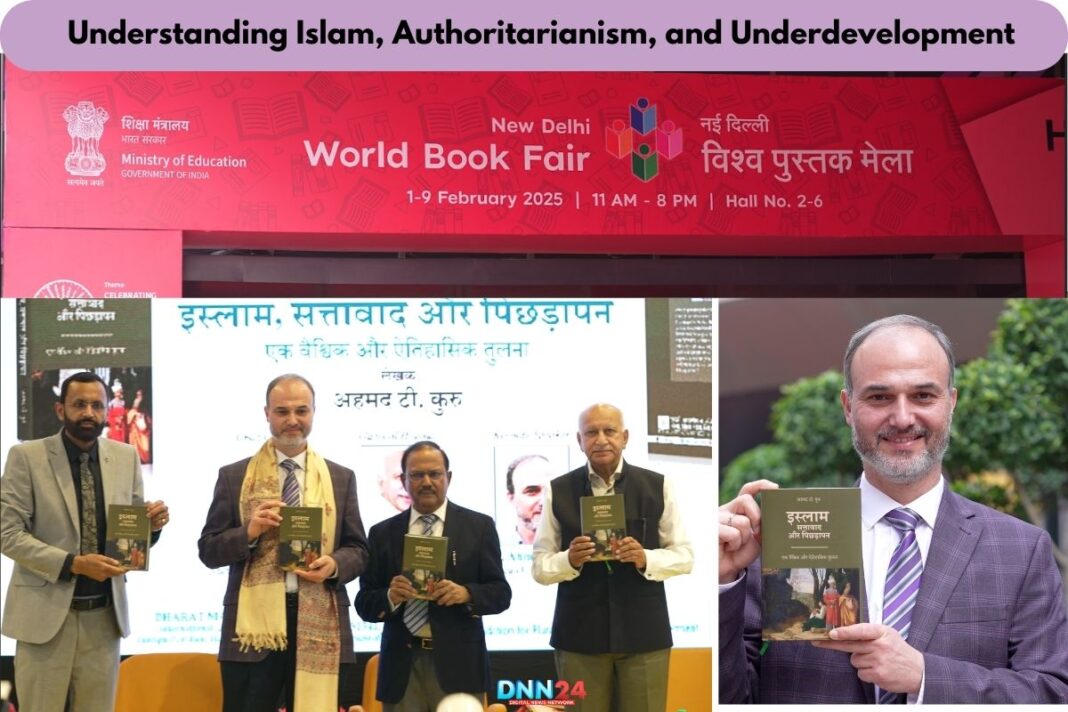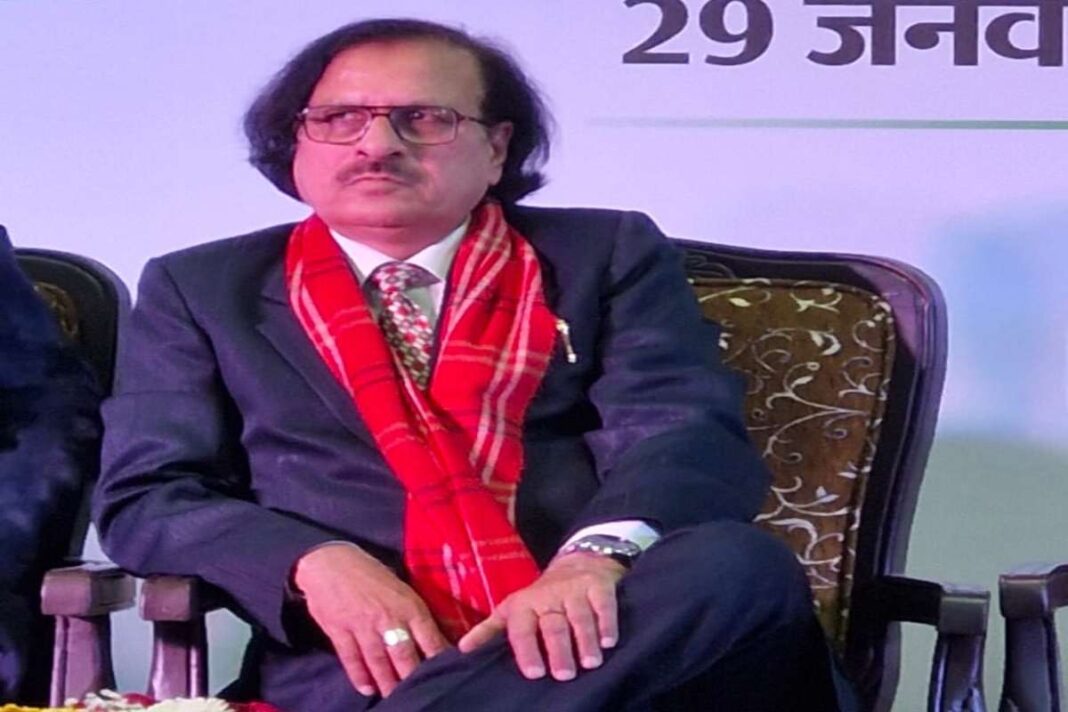The book Islam, Authoritarianism, and Underdevelopment by Ahmet T. Kuru explores the relationship between Islam, political authority, and economic stagnation in Muslim societies. National Security Advisor of India Ajit Doval and veteran journalist M J Akbar spoke with interest at the exclusive launch of the book, which was organized by the Khusro Foundation. Discussion was focused on how historical developments have shaped political and economic challenges in most Muslim-majority countries today.
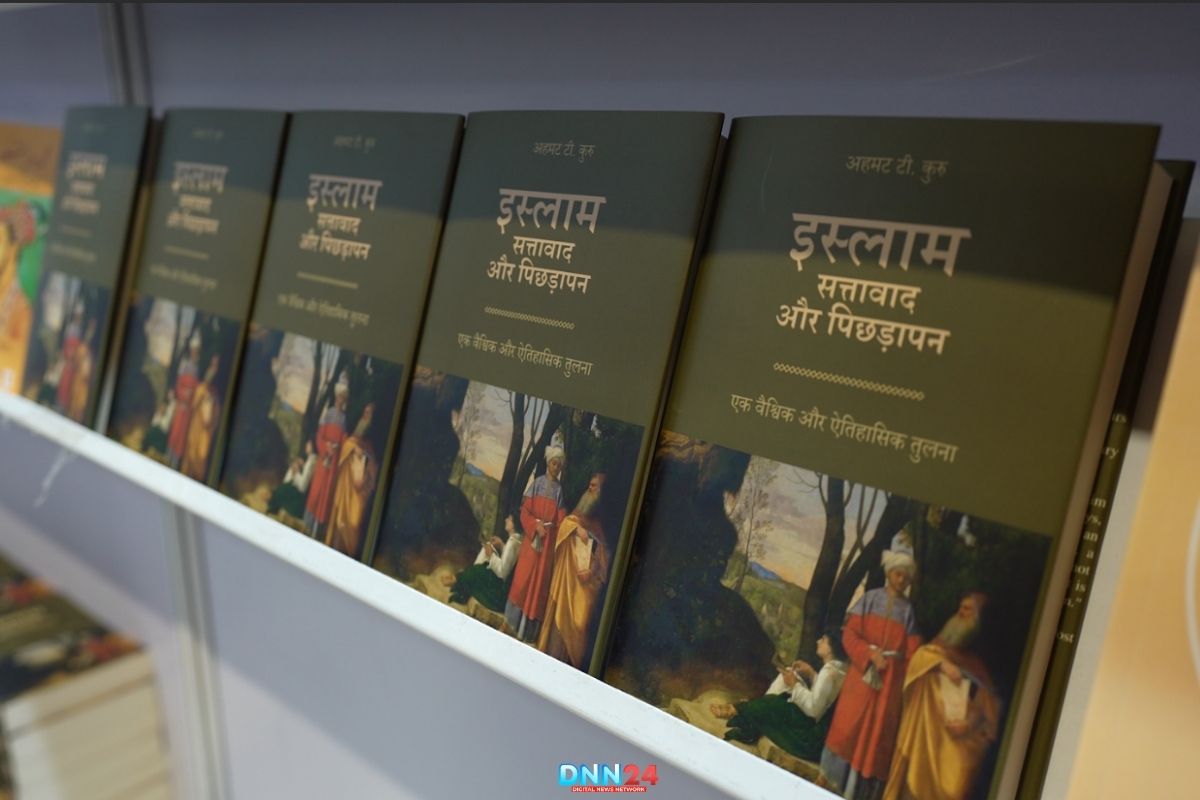
The speakers discussed that understanding the past is indispensable in addressing today’s issues about governance and development. The topic has discussed a way of critically inquiring decline intellectualism of the Muslim world, the result of authoritarian systems, and what role education is expected to do to lead a country towards brighter prospects.
On their analysis, the event enlightened society on a manner of tackling problems of autocracy and underdevelopment.
The Historical Context of Islam
Islam began in the 7th century in the Arabian Peninsula and spread across the entire region within a very short period of time. The early Islamic civilization thrived, and contributions to mathematics, medicine, astronomy, and philosophy were made. Centers of learning and innovation became Baghdad, Cordoba, and Damascus. Eventually, however, the governance structures of most Muslim societies became autocratic.
The discussion focused on how the Islamic Golden Age encouraged intellectual curiosity and furthered scientific discovery. Figures like Al-Farabi, Ibn Sina, and Al-Kindi became authorities that preserved and improved knowledge. However, political battles and a struggle for power slowly suppressed the free thought that had begun. Rulers in power became more obsessed with maintaining control than establishing a culture of inquiry and progress.
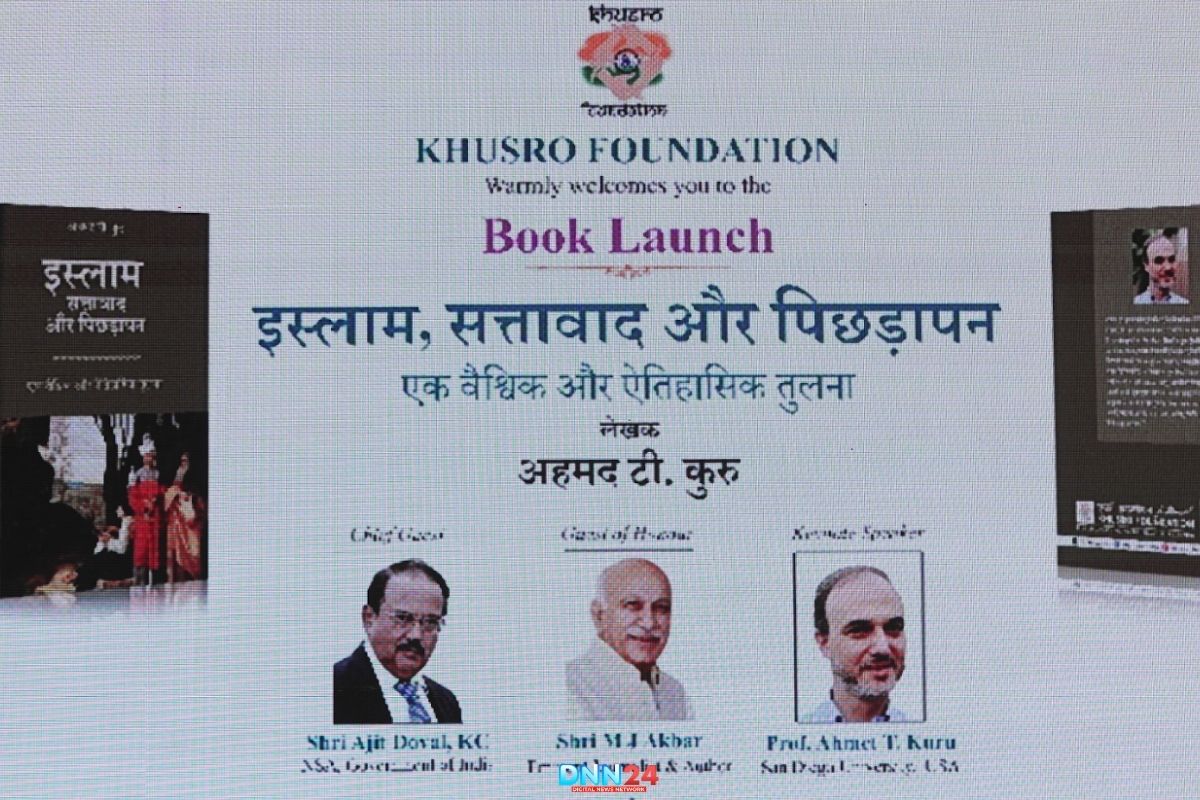
In referring to historical contexts, the speakers indicated that the societies could learn from the past. The decay of Muslim civilizations was not the result of religious principles but political decisions that discourage independent thinking. Restoring the lost emphasis on knowledge and rational inquiry would be a way in which Muslim societies could regain their former intellectual and economic strengths.
The Role of Education in Development
Education is one of the important elements that bring any society forward. The speakers at the book launch event stated that educational reforms are a necessity in Muslim-majority countries. Many of these countries have adopted the rote learning system rather than encouraging analytical and creative thinking. This is because students, as a result of this limited ability, are unable to question authority, innovate, and bring about social change.
Historically, Islamic civilization promoted education and scholarship. Houses of Wisdom in Baghdad facilitated translation from Greek and Roman sources into the Arabic language to preserve great knowledge. As a whole, however, intellectual inquisitiveness declined along with strengthening authoritarianism. Eventually, many religious institutions dominated education, which could limit exposure to perspectives.
There is a need to modernize education by making it important to include critical thinking, scientific research, and technology. Facilitating inquiry-based learning and open discussions leads students to determine their own opinions. As a result of innovation-oriented education, societies will become capable of producing leaders in economic and social growth. Unless this change occurs, the underdevelopment cycle will prevail.
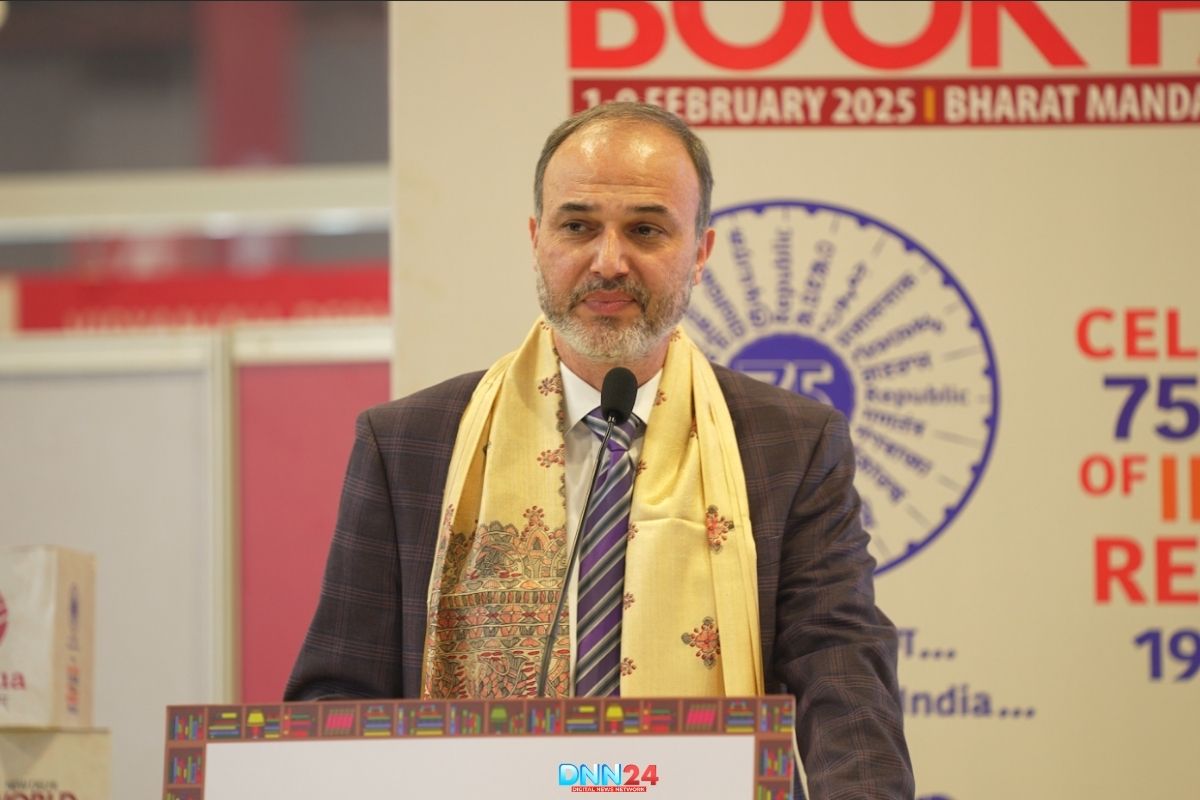
Community and Identity in Muslim Societies
Community identity is a very important aspect of Islamic societies. A strong sense of belonging helps preserve cultural traditions and values. However, it can also create divisions, leading to exclusion and intolerance. The speakers discussed the challenge of balancing community identity with inclusivity.
In many Muslim-majority countries, social norms often tend to emphasize collective identity over individual freedoms. Although this creates social cohesion, it can also restrict personal expression and limit diversity. Religious and ethnic minorities are often discriminated against, causing social unrest. Gender roles are another area where traditional norms often stand in the way of progress, limiting opportunities for women in education and employment.
Speakers proposed that societies be built by promoting tolerance and diversity. Discussion and embracing diversity can strengthen social unity. It is not that diversity is something to be fearful of, but rather a strength. By having mutual respect among each other, Muslim societies will be able to create an environment where all are able to make positive contributions towards development.
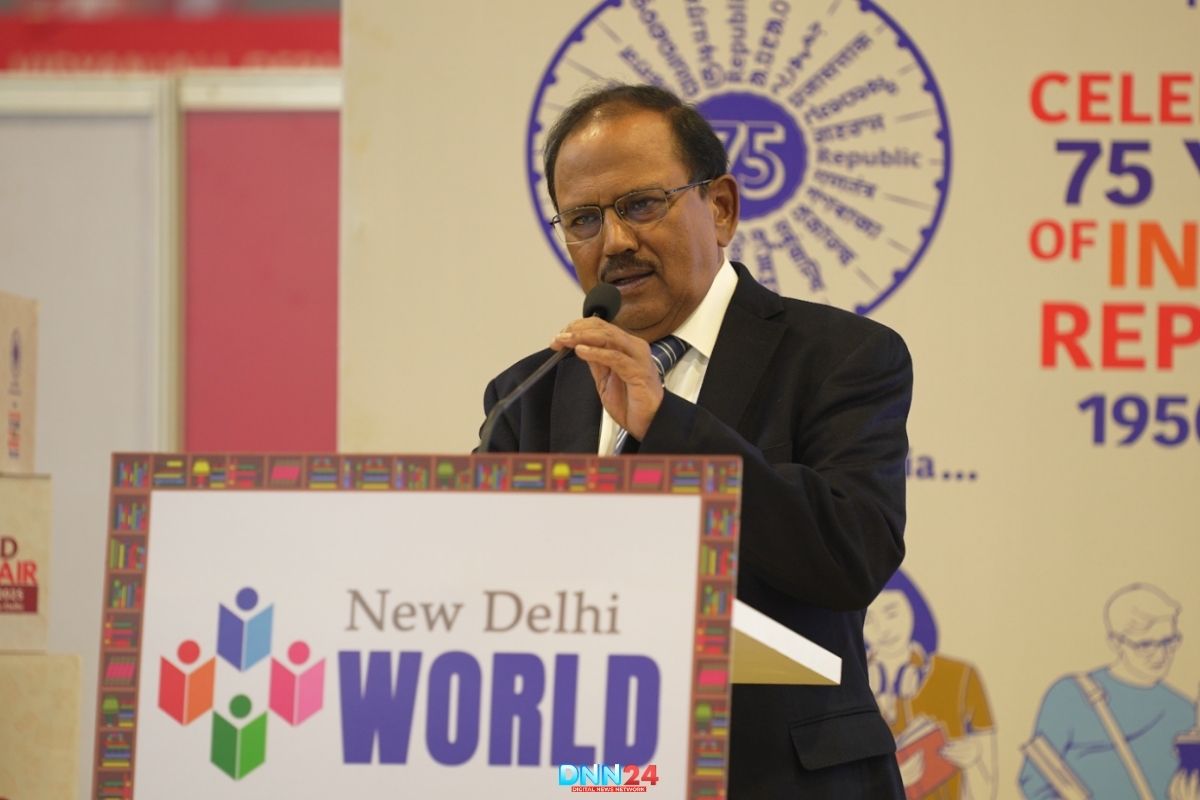
Effect of Authoritarianism on Development
Authoritarianism has been a major obstacle to development in many Muslim countries. The book talks on how authoritarian regimes suffocate freedom, limit economic expansion, and even inhibit political participation. The speakers pointed out that such governments prioritize power over citizen welfare, leading to widespread corruption and stagnation.
Rulers have used religion as a means to justify their authority and deter any opposition. As a result, citizens cannot be held accountable for their leaders’ actions. This leads to the failure of economic policies, the decline in investments, and stagnation of innovation. Additionally, the absence of political freedom prohibits the birth of new leadership with the capacity to bring positive change.
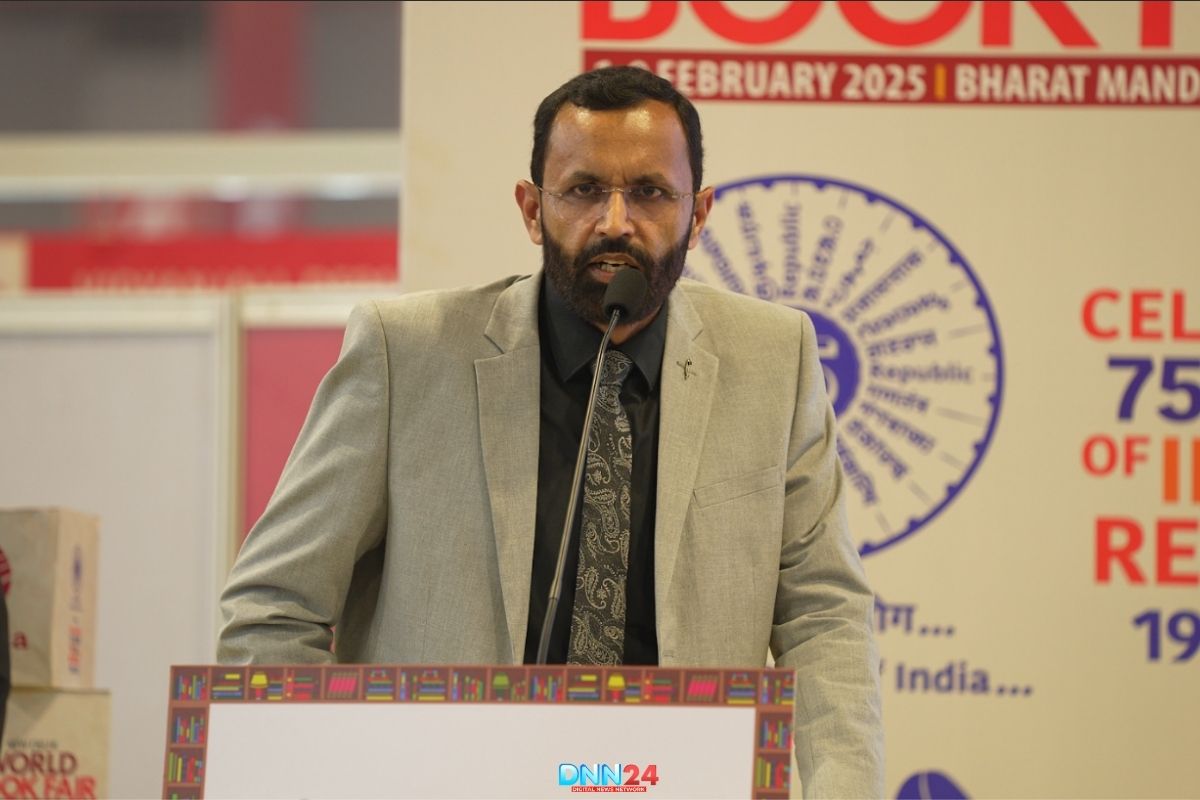
The talk emphasized democratic values as the panacea for all these issues. Encouraging civic engagement, supporting independent media, and strengthening institutions can help build fair governance. When people are allowed to express their opinions and participate in decision-making, societies are more likely to progress. History has proven that when Islamic civilizations were open to diverse ideas, they thrived. Muslim societies can break free from the cycle of authoritarianism and underdevelopment by advocating for reforms.
The Relationship Between Islam and State Authority
One of the central themes of the book is the historical relationship between Islam and political authority. The speakers indicated that early Islamic scholars often saw politics as a corrupt force. Many believed that religious leaders should be separate from political rulers to ensure fairness and justice. However, over time, this separation diminished, and rulers began using religion to justify their authority.
The discussion challenged the common belief that Islam inherently supports authoritarian governance. Historical evidence reveals that many Islamic societies functioned with principles of justice, consultation, and accountability. The decline of these values was not because of religious teachings but because of political developments that prioritized control over inclusivity.
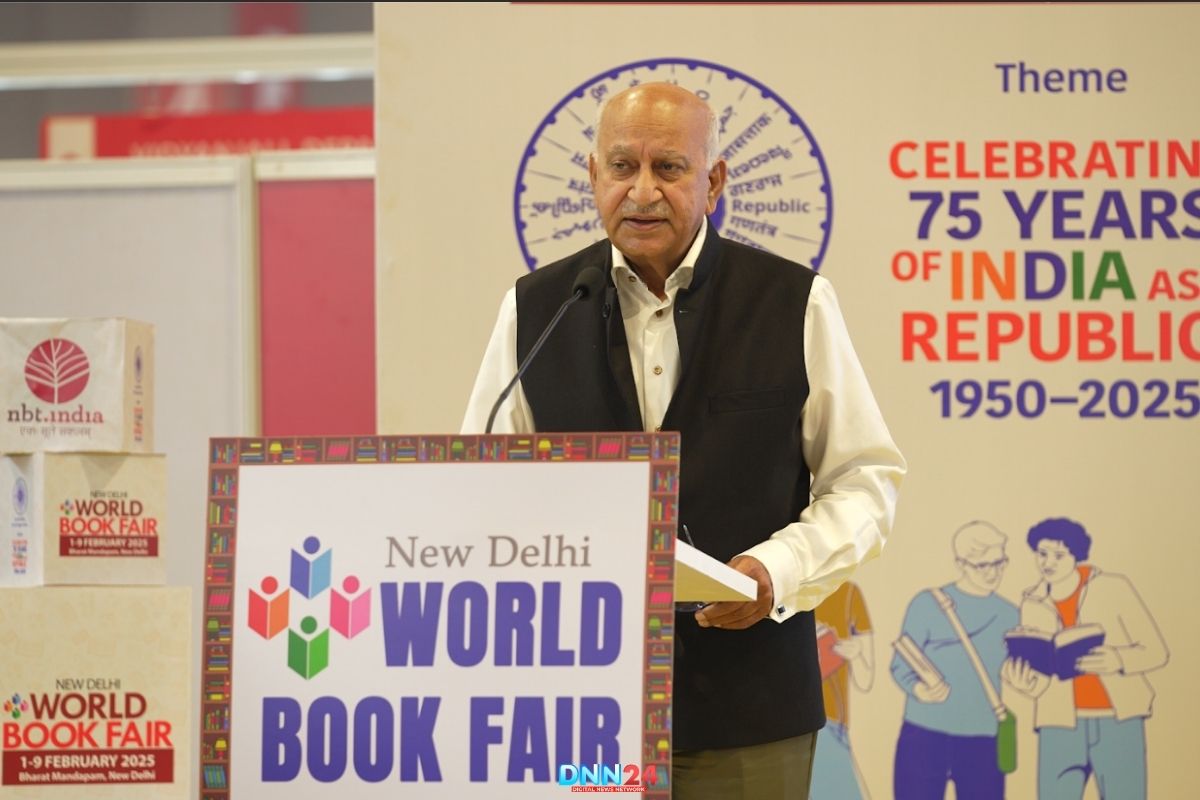
By readjusting the relationship between Islam and state authority, Muslim societies today can create governance models that include religious values in understanding democratic principles. Fairness and inclusiveness will breed better governance and economic stability.
The Usefulness of Islamic Scholars to Society
The scholars have had a lot of influence in the intellectual and cultural sphere of Muslim societies. Among the figures that have dominated discussions at the event was Al-Ghazali, the medieval scholar whose works had helped shape Islamic thought. While important contributions to philosophy and Sufism have been made, the ideas he promulgated did lead to the decline of rational inquiry.
The speakers explained that Al-Ghazali should not be held solely responsible for the stagnation of Islamic civilization. His views on religious authority, however, did result in a turn away from scientific and philosophical inquiry. Along with political changes, this resulted in less focus on intellectual pursuits.
Modern scholars must allow open dialogue and critical thinking for the revival of intellectual dynamism. Re-examining what past scholars brought to the world with a fair perspective will assist societies in bringing back a learning and progressive culture. Encouraging debates and diverse viewpoints will create an atmosphere where new ideas can thrive.
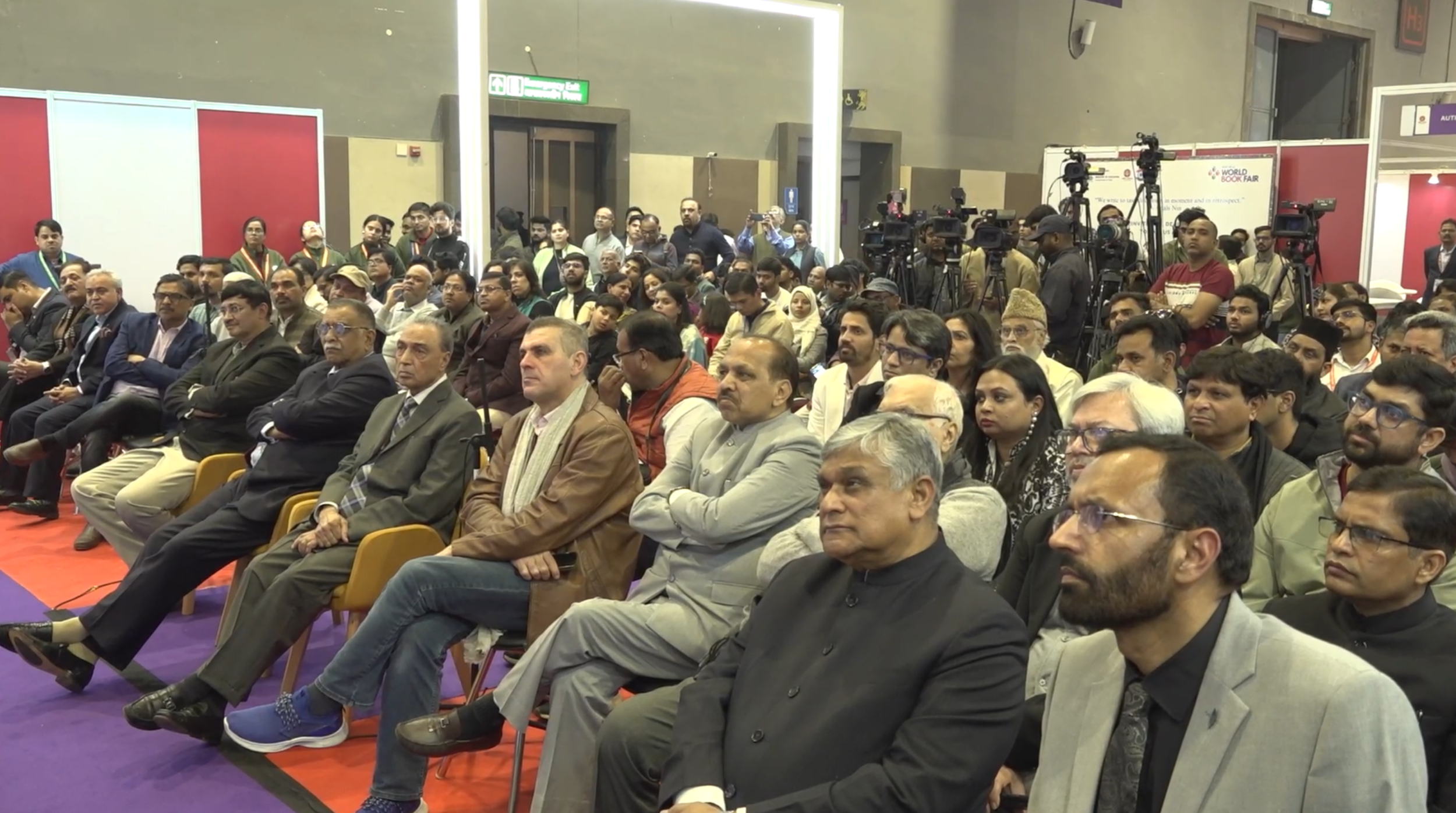
Conclusion
The launch of Islam, Authoritarianism, and Underdevelopment provided much insight into the historical and modern challenges of Muslim societies. Speakers emphasized that overcoming authoritarianism, education, and inclusiveness are the keys to progress.
It is through learning from history that societies can avoid the mistakes of the past and strive for a better future. Democracy can be encouraged, education reformed, and open discussions fostered to break the cycle of underdevelopment. The book reminds one of the importance of positive change when societies prioritize knowledge, fairness, and inclusivity.
Also Read: NEET UG 2025 Registrations Updates
You can connect with DNN24 on Facebook, Twitter, and Instagram and subscribe to our YouTube channel.

